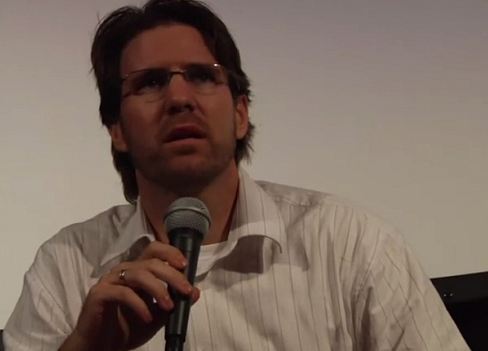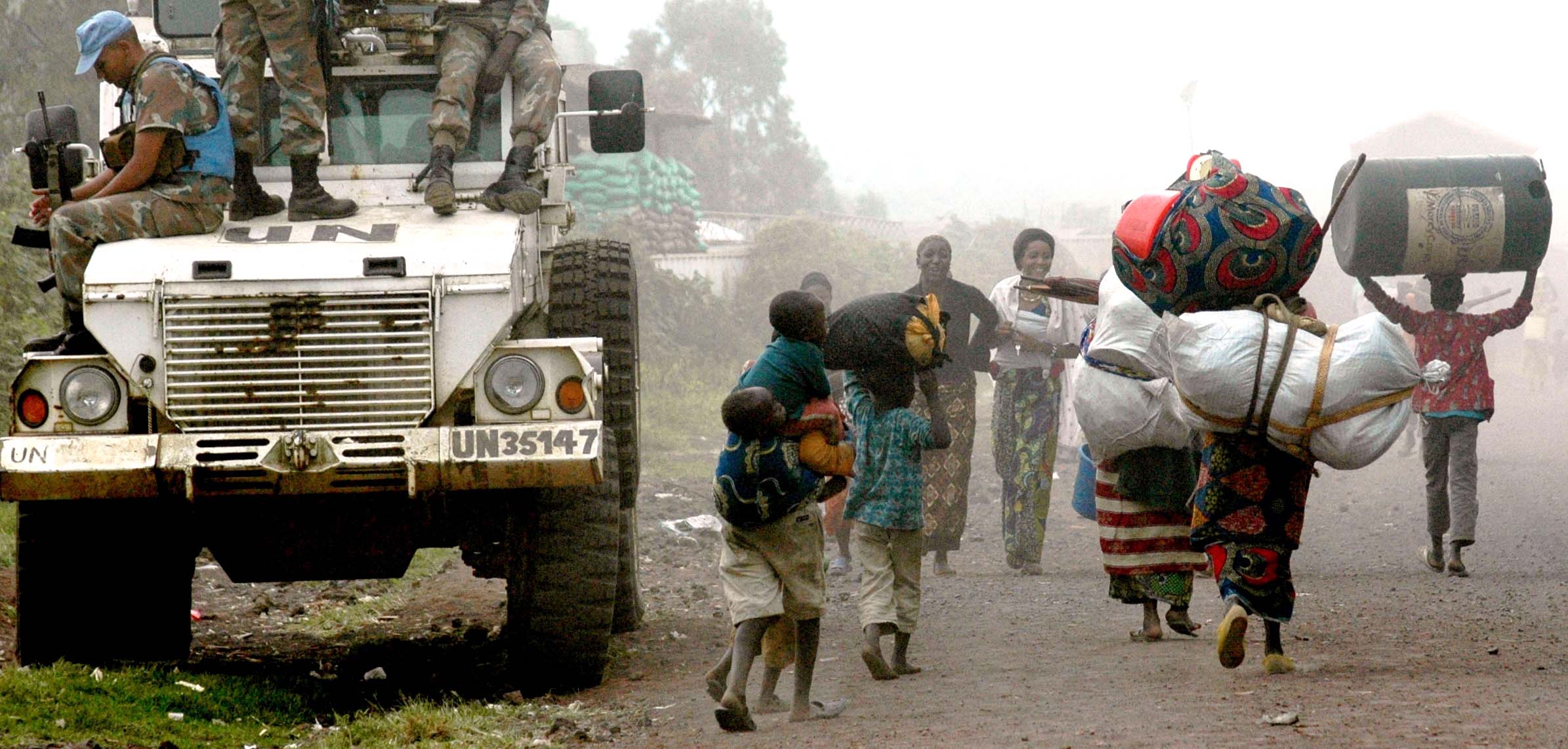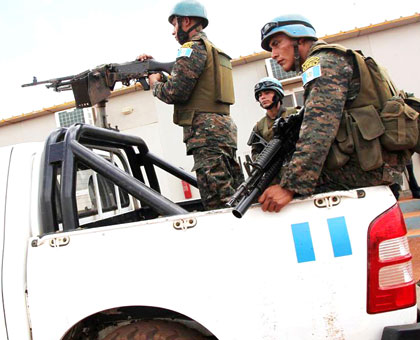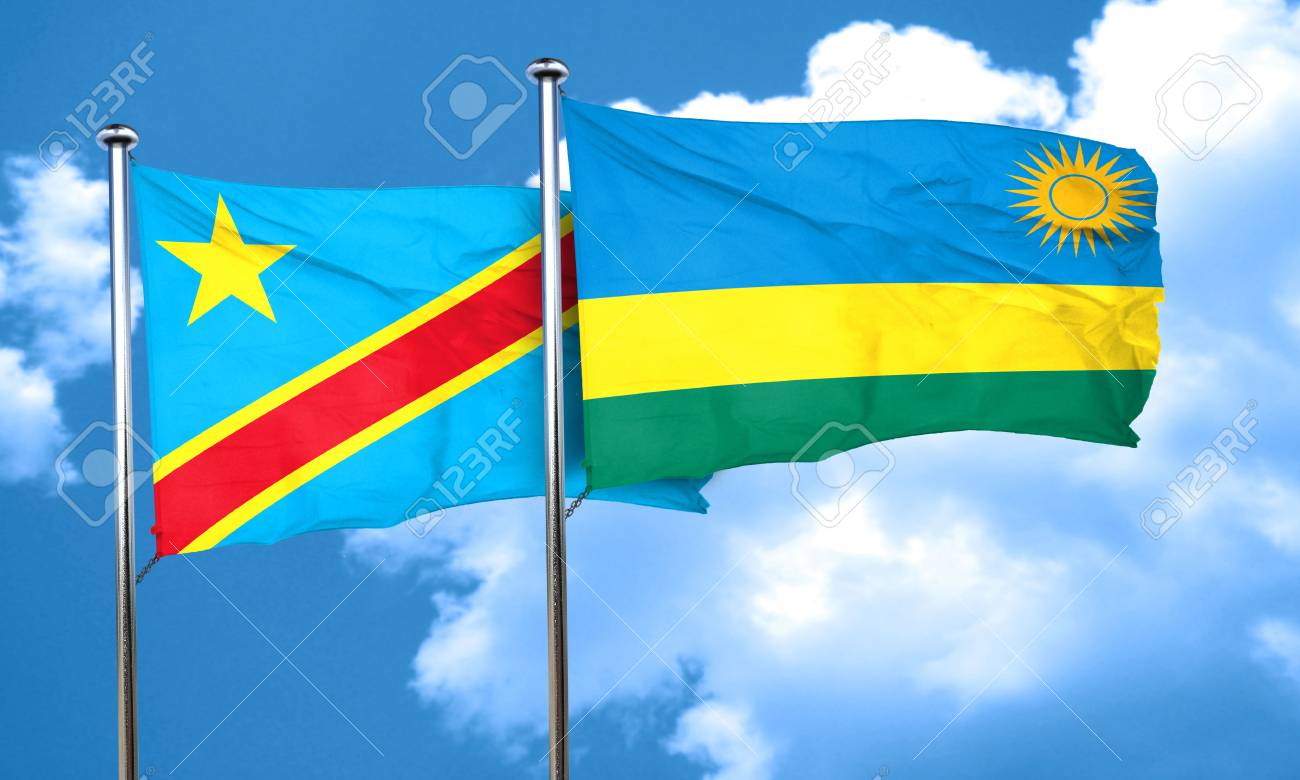Regional
Of Steve Hege's ghost and UN experts’ bias on Rwanda

The UN
Group of Experts on the Democratic Republic of Congo (UNGoE), in mid-June,
published a report on DRC accusing Rwanda of advising, commanding, and directly
reinforcing the Congolese rebel group, M23, and placing blame for the mess in
the eastern part of the volatile country at Rwanda’s door.
The
report alleges that the Rwandan army, RDF, supports the rebels in order to
conduct military operations against the FDLR and other local armed groups. The
former is a terrorist group led by perpetrators of the 1994 Genocide against Tutsi
in Rwanda which poses a serious threat to Congolese Tutsi and the Great Lakes region’s
security.
Notwithstanding
its genocide ideology, the 41-page UNGoE report depicts FDLR as a support-armed
group to the Congolese army, whose activities are meant to protect citizens and
defend itself. The report then portrays M23 rebels as the most lethal armed
group in eastern DRC, which has to be eliminated.
The M23
is an armed group mostly composed of Kinyarwanda-speaking Congolese. It fights for
the rights of its persecuted and disowned community which only wants to be
recognized as legitimate citizens with full rights as any other Congolese
nationals.
Since
its creation in 2004, the UNGoE has never advocated for these citizens but for FDLR,
which executes them and propagates anti-Tutsi rhetoric in the region.
A year
before being nominated as the group’s coordinator in 2009, its first
coordinator, Steve Hege, wrote a Fact Sheet revealing his ideological stand on the
Rwandan genocidal group.
He sympathized
and sanitized FDLR, calling them victims of violent atrocities instead of being
genocide perpetrators.
“Consistently
linked to the Rwandan genocide of 1994, the FDLR are better understood in
relation to the massive revenge killings of Hutu refugees in the eastern Congo
from 1996 to 1999. Following the destruction of the refugee camps in the Kivus,
the RPF systematically hunted down, often bating with promises of humanitarian
aid, and slaughtered over 300,000 Hutu civilians. The survivors of these
massacres constitute the young officer corps and rank and file of the FDLR
today,” reads part of Hege’s ‘Understanding the FDLR in the DR Congo’.
“The
FDLR must be viewed in light of the regional history of armed rebellions formed
by refugees and/or political exiles who have eventually taken power back from
undemocratic regimes.”
Hege further
rubbed salt into Rwanda’s wound and concluded by defending the FDLR for
refusing to disarm and repatriate, saying that they can only return to Rwanda
if the international community forces the post genocide government of Rwanda to
negotiate with the genocidal group whose members massacred over one million of
their fellow Rwandans in 1994.
Employing
Hege as coordinator of UNGoE was similar to hiring Nazis to investigate the
Jewish holocaust.
The
so-called expert carried his hatred against Rwanda into UNGoE and used the new
given platform to disseminate it to a wider audience. Since then, with Hege as
the coordinator, the group has published reports accusing Rwanda of being
responsible for the conflict in eastern DRC.
Following
Rwanda’s complaint, in 2013, Hege’s mandate was never renewed. Three of the
five members of his team had their mandate renewed even though they had already
swallowed Hege’s anti-Rwanda venom.
Seeing
the content of the group’s latest report, it is clear that the UNGoE is still
walking in the footsteps of Hege.
Today
the group is coordinated by Belgian lawyer Melanie De Groof, a law graduate
from Antwerp University. The latter is known to fund ethnic profiling research
in Rwanda, supervised by Belgian genocide denier Filip Reyntjens.
In
addition to painting a picture of Rwanda as a ‘bad guy’ in the region, De Groof,
and team glossed over the long lasting hate speech and the ethnic based
killings in eastern DRC. They tagged the looming genocide against Congolese
Tutsi “a manipulation of the genocide narrative by M23 and the Rwandan
authorities”.
This statement
rehashed Hege’s narrative who never minced his words when it came to the
resentment he had towards Congolese Tutsi and armed movements associated with
them.
“For
their part, it is not enough that they (Banyamulenge) just say that they are
Congolese. They must demonstrate that they truly are just that by prioritizing
their relationships with their fellow Congolese citizens over the economic and
territorial interests of Rwanda,” he wrote in a JSR ‘Issue Paper’ in 2004.
In an
article published in 2010, Hege showed that he still clung to his views.
He
wrote that analysts in Goma believe that “CNDP is trying to clear out the
entire region north of Lukweti in order to take control of plush grazing land
for cattle”. And that “other observers (say) that the CNDP may also be
preparing this zone to settle migrants from Rwanda who recently crossed into
the Congo claiming to be Tutsi refugees”.
Hege’s
words and the recent UNGoE report are two sides of the same coin. In one way or
another, they fulfill their mission of discrediting the Congolese Tutsi, tarnishing
the image of the Rwandan government, and shielding the UN and DRC’s failure to
protect Congolese citizens and restore peace in the east of the country.
It is
obvious that the so-called UNGoE reports do not reflect the reality, but the
opinions and particular agenda of its authors, which they want all the world to
believe as fact yet it is deliberately designed fiction.


.jpg-20230629110019000000.jpg)
.jpeg-20230628111323000000.jpeg)


